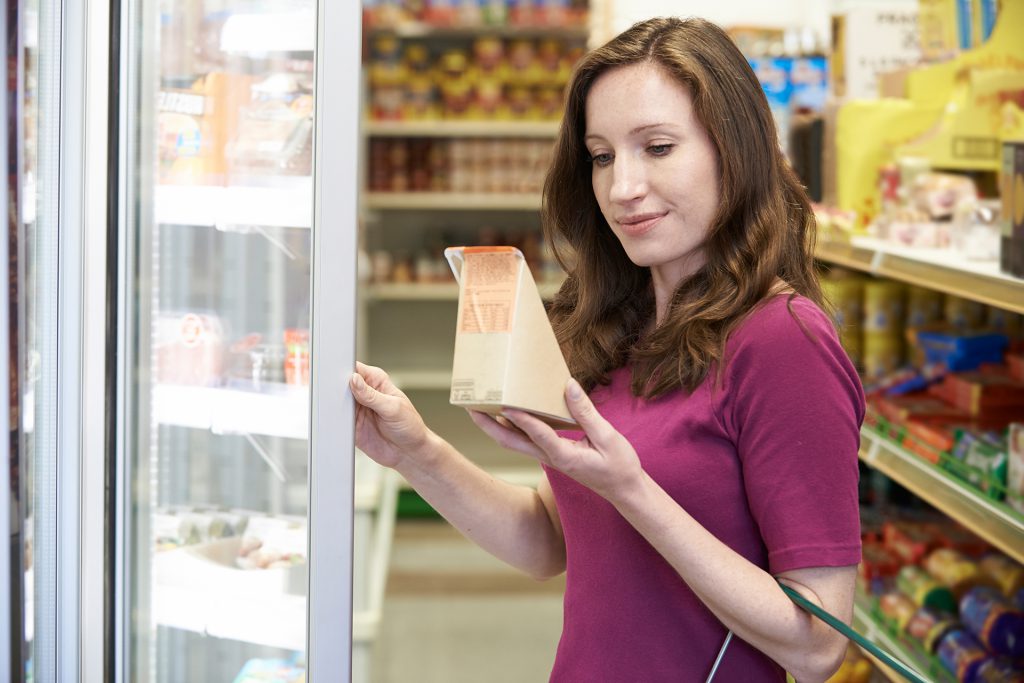Natasha Law – the new food allergy legislation coming into force

What is Natasha Law?
Natasha Law will force businesses to list their full ingredients on labels. Natasha Law nicknamed after the teenager from Fulham who died from a severe allergic reaction after unknowingly eating sesame contained in an artichoke, olive and tapenade baguette at a Prêt a Manger at Heathrow Airport on 17th July 2016.
Sadly, the teenager died of anaphylaxis after collapsing on board a flight to Nice.
Food allergy sufferers will be protected under Natasha law, introduced by former Environment Secretary Michael Gove following the death of Natasha Ednan-Laperouse. Natasha Law will require all food businesses to include full ingredients labelling on pre-packed food as announced by the Department for Environment, Food and Rural Affairs.

The legislation will be introduced by the summer of 2021 in England and Northern Ireland. Natasha’s parents were an inspiration as “these changes will make food labelling clear and consistent and give the country’s two million food allergy sufferers confidence in making safe food choices,” said Michal Gove. Many find it challenging to buy food in shops and restaurants with confidence. The change will mean “better protection,” said Heather Hancock, chairman of the Food Standards Agency.
Under current law, any premises where food is prepared and sold together is not required to provide allergen information in writing, meaning allergy sufferers sometimes lack confidence buying the food while out.
Businesses will be given a two-year implementation period to adapt to these changes.
Natasha’s parents, Tanya and Nadim Ednan-Laperouse have also launched a charity, The Natasha Allergy Research Foundation, in the memory of their daughter – to find a ground-breaking cure for allergies at a research centre at the University of Southampton.
How does Natasha Law affect businesses?
Smaller businesses may struggle to implement the new law and consequently will reduce the choice given to customers as there is a lot at risk.
UK Hospitality chief executive Kate Nicholls warned that the legislation could be “unwieldy, difficult for some businesses to implement and potentially dangerous” – adding that the labelling requirements would lead to less choice for customers as businesses struggle with the changes.
She also added: “We firmly believe the best way to raise awareness of allergens and keep customers safe is to promote an active dialogue between customers and businesses. That is why we recommended the promotion of voluntary labelling and encouraging customers to talk to the business and ask about ingredients and possible allergens. That way, we can build a relationship between consumers and team members that promotes mindfulness on both sides.”
She said: “There is also a risk that the new measures, which will not circumvent cross-contamination and will be open to mislabelling, will only promote a dangerous reliance on labelling.”
Food businesses across the country have already started taking steps towards improving food labelling and were urging outlets to do all they can ahead of the implementations date to help consumers with their safe food choices.
Food Standards Agency chair Heather Hancock said: “We want the UK to become the best place in the world for people living with food hypersensitivities. The impact of food allergy and intolerance on quality of life can be as great or even greater than almost all other foodborne diseases. While it’s impossible to eliminate the risks entirely, we believe this change will mean better protection for allergic consumers.”
New technology comes to your rescue!
A shopping app called Ubamarket that customers can use to scan a product’s barcode, which instantly tells them whether it contains any allergens. Implementing new technology is unfortunately costly, but by applying it correctly will encourage customers to choose them over your rivals. By establishing your reputation as a business that listens to the needs of allergy sufferers, customers should trust you and will be encouraged to come back again and again.
Do you need a Professional negligence solicitor ?
Contact a professional negligence solicitor to look into your case and achieve the compensation you deserve following your allergic reaction.
Do you need a solicitor?
Find a solicitor on Qredible in just a few easy steps
















